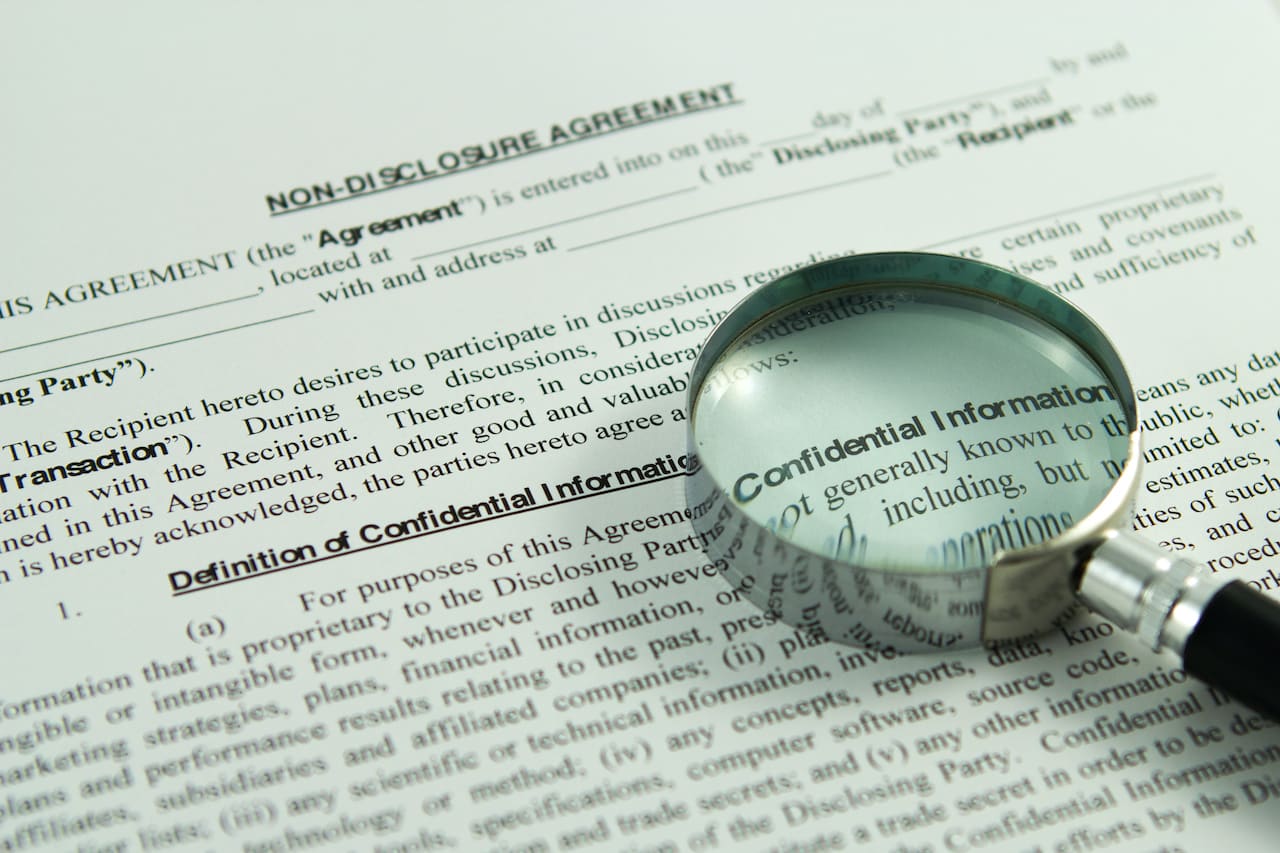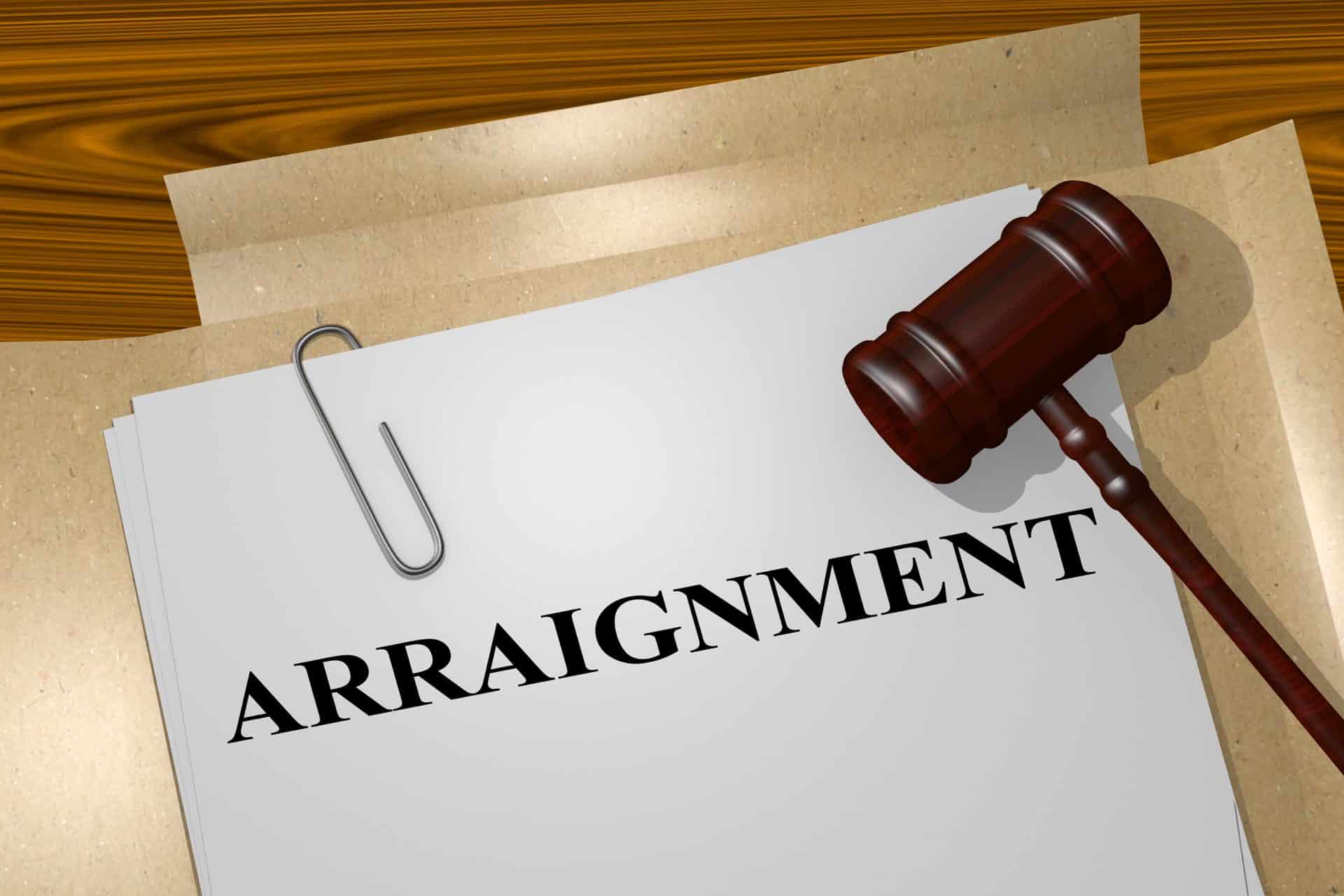
Offenses that involve driving while intoxicated (DWI) can carry significant and long-lasting consequences. However, after you’ve completed the terms of your sentence, you may be eligible to petition the Texas court for an order of nondisclosure that will seal this DWI offense. It’s important to note that an order of nondisclosure does not remove or erase this offense from your criminal record, but it does prevent law enforcement agencies and the court from disclosing this information to the public. An order of nondisclosure allows you to breathe a bit easier, as you are no longer required to report this piece of your criminal history when applying for housing or employment. In order to petition the court for an order of nondisclosure regarding your DWI offense, you need to meet specific criteria before you may proceed. The following information gives a brief overview of the eligibility requirements. If you’re interested in pursuing an order of nondisclosure, contact a skilled criminal defense lawyer to discuss your situation.
Eligibility Requirements for All Orders of Nondisclosure
Before you can proceed with pursuing an order of nondisclosure for your DWI offense, you have to meet certain basic requirements. It’s not possible to obtain an order of nondisclosure if, at any time, you’ve been convicted of or placed on deferred adjudication for the following offenses:
- Offenses compelling you to register as a sex offender
- Offenses that involve family violence or affirmative finding of family violence
- Offenses such as murder; capital murder; aggravated kidnapping; trafficking of persons; injury to a child, elderly individual, or disabled individual; abandoning or endangering a child; stalking; and violations of court orders or conditions of a bond in a family violence, sexual assault or abuse, stalking, or trafficking case
If one of these offenses is part of your criminal history, you will not be able to pursue an order of nondisclosure at any time. Even if your DWI offense may otherwise be eligible for an order of nondisclosure, the presence of the above offenses on your criminal record permanently disqualifies you from seeking an order of nondisclosure.
Eligibility Criteria for DWI Offenses
If you meet the basic criteria for pursuing an order of nondisclosure, you should then determine whether you also meet the requirements for obtaining an order of nondisclosure for the DWI offense you wish to have sealed. In Texas, a DWI first offense may be eligible for an order of nondisclosure. To be eligible, you must have successfully completed your sentence, including paying all fines and costs. In addition, you are not eligible if your case involved a BAC of more than 0.15 or a motor vehicle accident involving another person, including a passenger. You must also not have been previously convicted of or placed on deferred adjudication for any offense (aside from a fine-only traffic violation). The court will then consider whether issuing an order of nondisclosure is in the best interest of justice, and you must have observed the required waiting period before filing your petition. Depending on the nature of your DWI offense, this waiting period may range from 2 to 5 years from the competition of your sentence.
Contact an Experienced Attorney Today
If you want to learn more about whether you are eligible to pursue an order of nondisclosure in the Pearland or Houston area, call the Law Offices of Keith G. Allen, PLLC at (832) 230-0075 to schedule a free consultation with a dedicated criminal defense attorney today.





